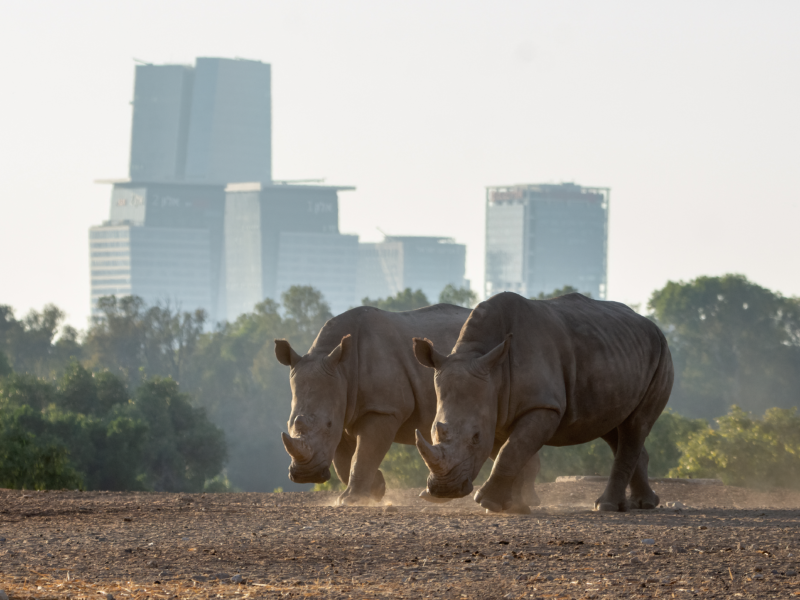Born and raised in Mexico City, Dr. Manuel Modiano is at the forefront of new directions in cancer treatment. He calls his decision to specialize in medical oncology and hematology, “One of the best decisions of my life. It’s a great field.”
“There’ve been changes in cancer medicine and cancer survival rates,” he says. “The ability to offer them (cancer patients) a productive life in spite of their cancer is something we can do now that was not always possible when I started my training.”
As medical director of Arizona Clinical Research Center and director of research for Arizona Oncology Associates, Dr. Modiano has seen research breakthroughs firsthand. “There have been enormous advances in a number of cancers such as breast, colon, lymphomas, certain forms of leukemia and others within the last few years. People now have better outcomes with the possibility of a cure or very long remissions with very good quality of life.”
While attending medical school at the Universidad Nacional Autonoma de Mexico, he volunteered with an oncologist and helped care for and transport cancer patients who needed treatment far from home – something that is seldom necessary here, where his group delivers state-of-the-art cancer care in the community, close to where their patients live. Dr. Modiano came to the states for his postgraduate internship and residency at University of Wisconsin, Mount Sinai Medical Center, in Milwaukee. He moved to Arizona in 1987 for a fellowship in hematology-oncology at the University of Arizona-Arizona Cancer Center and remained on the faculty until 1993, when he joined Arizona Oncology in private practice.
Dr. Modiano was appointed to the Arizona Biomedical Research Commission by Governor Napolitano in 2006. He has received numerous research and community service awards including the Surgeon General Certificate of Merit. On the home front, Dr. Modiano, his wife, Pat, whom he met during his fellowship, and daughters Rebecca, 19, and Lauren, 18, enjoy family life at their ranch near Tucson. Rebecca and Lauren each became a bat mitzvah at the Stone Avenue Temple, now home to the Jewish History Museum. Both girls attend Yale, where Rebecca is in Navy ROTC, interested in Global Affairs. Lauren is a Thespian pursuing a double major in theater and political science. Pat is a doctor of pharmacy and is the president of the Arizona Clinical Research Center.
The Modiano ranch is home to horses, burros adopted from the Bureau of Land Management, dogs and cats. Pat and Manuel now ride and drive buggies for pleasure. Rebecca competed in rodeo, as did her father in years past. The girls have witnessed the birth and death of many of their animals, and share their parents’ love of land, nature and animals. “My grandfather always dreamed of having a ranch. I wish he could be here,” says Dr. Modiano. We inherited that love and have been very fortunate to be able to live our dreams.” The family raises longhorn cattle as part of the movement to re-introduce the breed of hearty cattle in Arizona. Longhorns, which are extremely well adapted to arid climates, descend from cattle brought to the new world by Spanish colonists in the early 1500s. Dr. Modiano’s family arrived much later. His father, Enrique, was born in Paris and arrived in Mexico as a child before World War II. Enrique’s father, Manuel, became an orphan at an early age; he moved with his sisters from Greece, where the family had lived for generations, to Mexico in search of better opportunities. He met Rebecca, his wife, in New York City. Dr. Modiano’s mother, Nitsa, was a child during World War II when her family boarded a freighter in Greece bound for America. After a mutiny on board, the ship was “lost at sea” for three months. When it finally arrived at Ellis Island, refugees were no longer being admitted. Offered the option to leave the children for adoption, her parents Elias and Irma chose instead to remain together and go to Mexico where Elias had friends. Dr. Modiano and his two brothers grew up in Mexico City, which has a large Jewish community.
They participated in activities at the JCC and each became a bar mitzvah at the Sephardic synagogue, where they also attended holiday and a few Shabbat services each year. “My family was in business,” he says. “I was the first to go into a scientific field. I always knew I wanted to become a physician.” His brother Jaime is a professor of comparative oncology and director of the Animal Cancer Care and Research program at the University of Minnesota. His other brother, Elias, is an entrepreneur and business person in Mexico City. His parents, now retired, divide their time between the United States and Mexico City.






